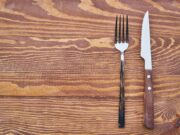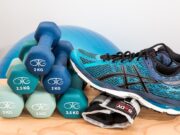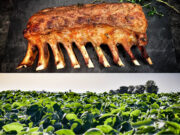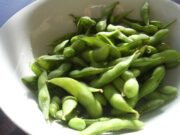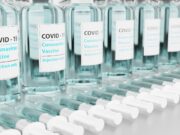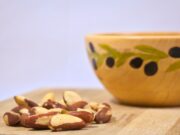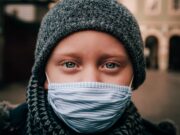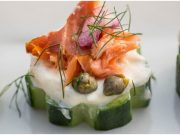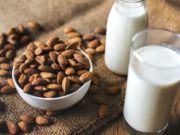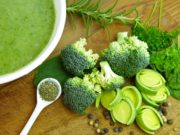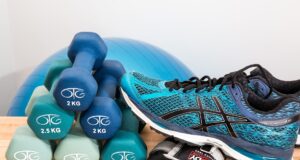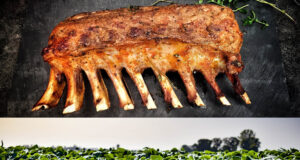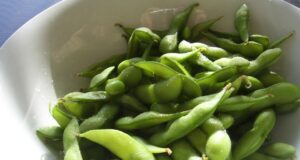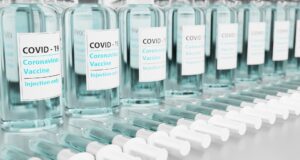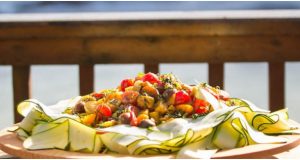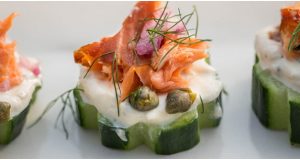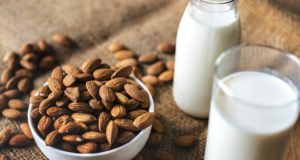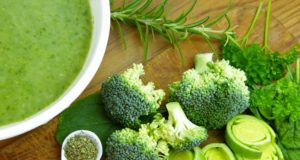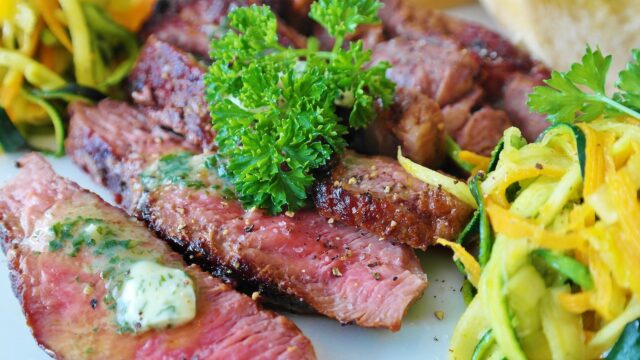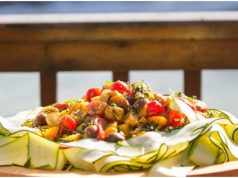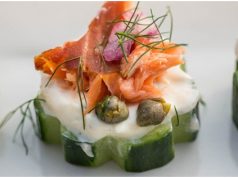We have almost become brain washed into becoming non-meat eaters. Don’t get me wrong… I empathize completely with vegans and vegetarians both for ethical and often physiological well being. Additionally, 90% plus meats are CAFO sourced which is a completely separate ethical and health nightmare.
In terms of return results, finetuning one’s diet is often a patient process. I have however, always maintained that the singular, most dramatic modality, when safely implemented, is FASTING. With that in mind, it should be noted that the practice of both intermittent as well as water fasting are usually filled with misunderstood concepts as to what is happening with our bodies.
I thoroughly believe however that the older one is, despite it’s risks, fasting is almost imperative for longevity, and healthy and vigorous stem cells. It is all a fine balance and in the video below “Joe Rogan – Doctor Explains Benefits of Fasting” if listened to carefully even underlines that confusion.
My go to source for Fasting protocol and benefits is Dr. Valter Longo who has researched this for three decades at the University of Southern California.
My slight reservations as to his relatively strict protocols on food, being pescatarian, is simply that from an evolutionary point of view, the B range of vitamins are so fundamentally important and are primarily sourced from meat.
It is a fine compromise. The really important limitation is that meat, being a natural protein, has to be limited in quantity so that any excess is not a burden on our organs and internal systems including disrupting the microbiome with the wrong microbes! It is all a delicate balance.
The statistics surrounding the B range of vitamins during the Pandemic is as follows:
- B vitamins may play an important role in COVID-19 prevention and,
- Niacin appears particularly important. Meaning Vitamin B3 in particular.
- There appears to be a causative link between low niacin status and SARS-CoV-2 infection
- SARS-CoV-2’s ability to invade the body is dependent on calcium signaling. In turn is dependent on the presence of NAADP, which is formed from niacin.
- NAADP-dependent calcium signaling is responsible both for the inhibition of viral entry into cells and driving the virus out of already infected cells.
While vitamins C and D have garnered much attention in the fight against COVID-19, B vitamins can also play an important role, — niacin (B3) in particular. Very relevant research went into, “Be Well: A Potential Role for Vitamin B in COVID-19,” which was published in the February 2021 issue of the journal Maturitas. The paper is the result of a joint collaboration between researchers at the University of Oxford, United Arab Emirates University and the University of Melbourne, Australia.
Although no studies using B vitamins have been performed on COVID-19 patients, the researchers stress that, based on B vitamins’ effects on your immune system, immune-competence and red blood cells (which help fight infection), supplementation may be a useful adjunct to other prevention and treatment strategies. As noted by the authors:
Optimize your internal vitamin B production.
- Vitamin B1. Pork, fish, nuts seeds, beans, green peas, brown rice , squash, asparagus and seafood.
- Vitamin B2. Eggs, organ meats, lean meats, green vegetables: asparagus, broccoli and spinach.
- Vitamin B3. Liver, chicken, veal, peanuts, chili powder, bacon and sun-dried tomatoes have some of the highest amounts of niacin per gram. Other niacin-rich foods include baker’s yeast, paprika, espresso coffee, anchovies, spirulina, duck, shiitake mushrooms and soy sauce.
- Vitamin B5. Beef, poultry, seafood, organ meats, eggs, milk, mushrooms, avocados, potatoes, broccoli, peanuts, sunflower seeds, chickpeas and brown rice.
- Vitamin B6. Turkey, beef, chicken, wild-caught salmon, sweet potatoes, potatoes, sunflower seeds, pistachios, avocado, spinach and banana.
- Vitamin B9. Fresh, raw, organic leafy green vegetables, especially broccoli, asparagus, spinach and turnip greens, and a wide variety of beans, especially lentils, but also pinto beans, garbanzo beans, kidney beans, navy and black beans.
- Vitamin B12 is found almost exclusively in animal tissues, including foods like beef and beef liver, lamb, snapper, venison, salmon, shrimp, scallops, poultry, eggs and dairy products.
Bottom line….one can supplement but taking an evolutionary perspective from when we undoubtedly sourced directly! Humans’ Meat Diet, Eons, & Niacin Protects Covid

